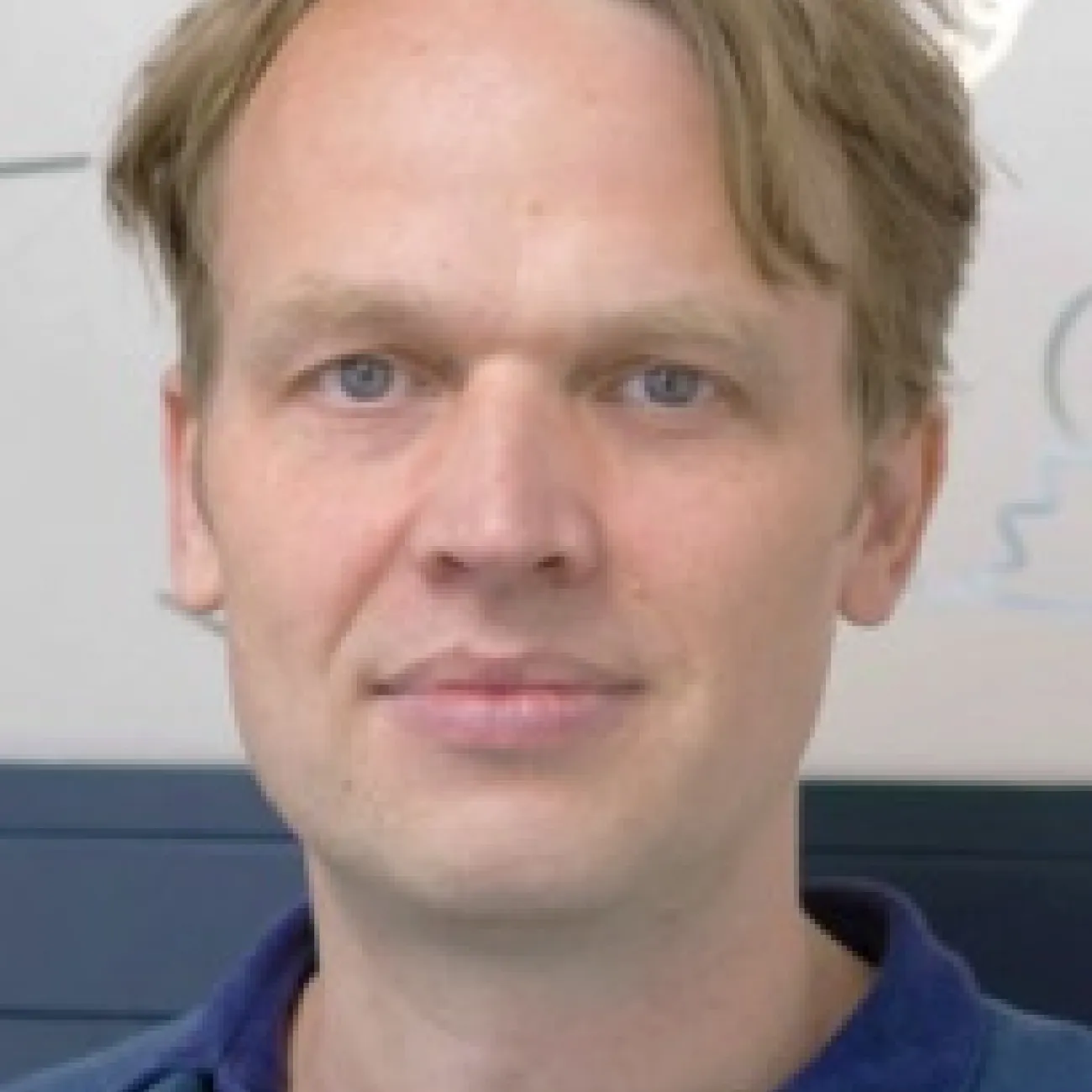Research
Research groups
Research projects
Completed projects
Researchers:
Sponsor: EPSRC
Researchers:
Sponsor: Science And Technology Facilities Council
Researchers:
Sponsor: Science And Technology Facilities Council
Researchers:
Sponsor: Science And Technology Facilities Council
Researchers:
Sponsor: Science & Technology Facilities Council
